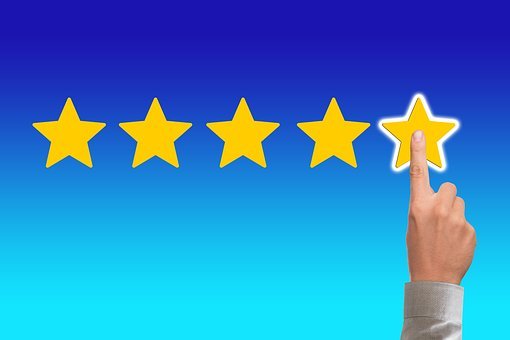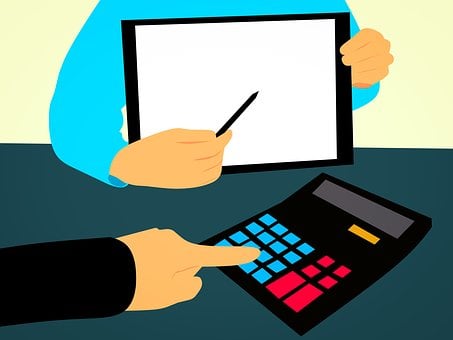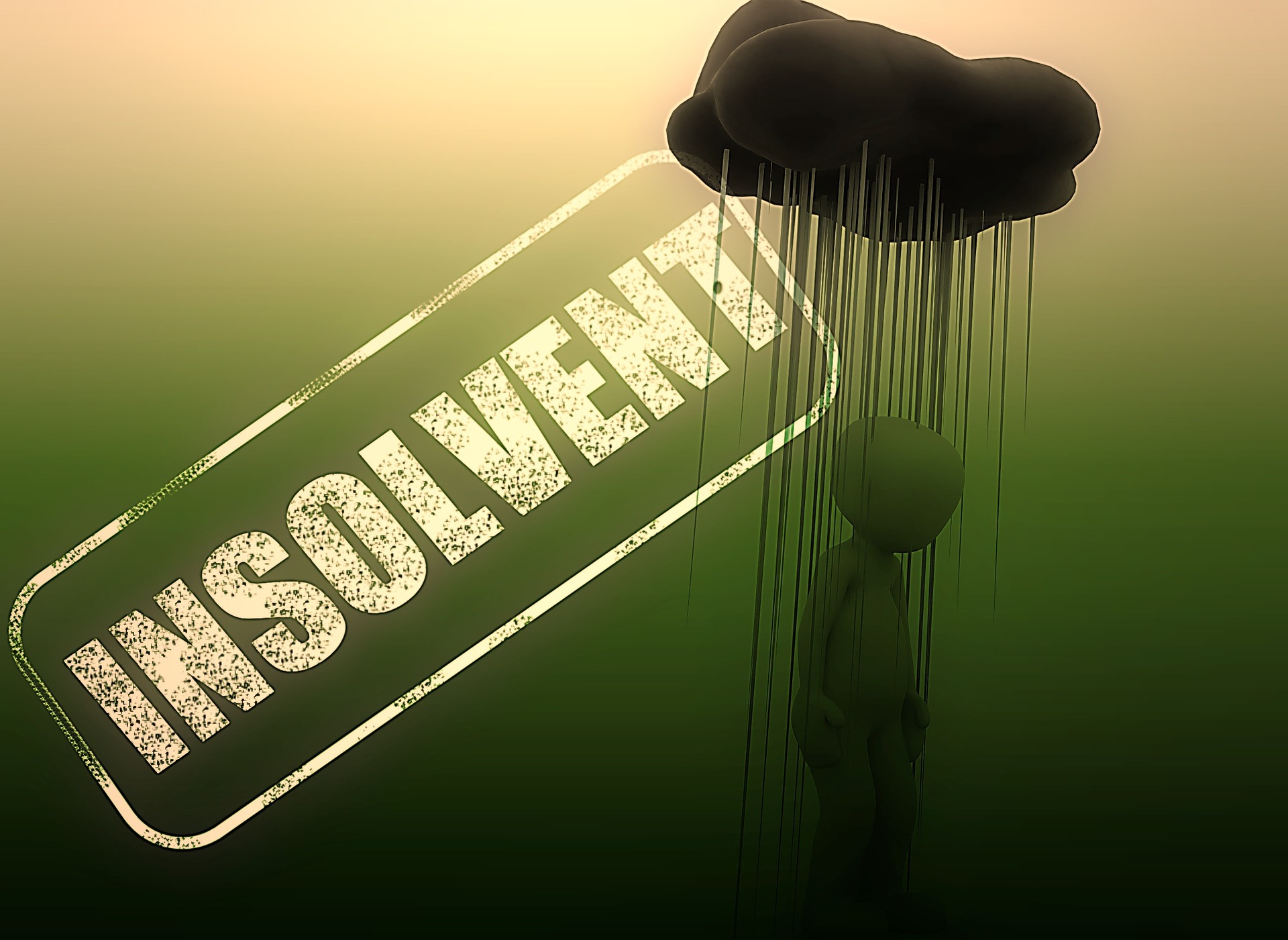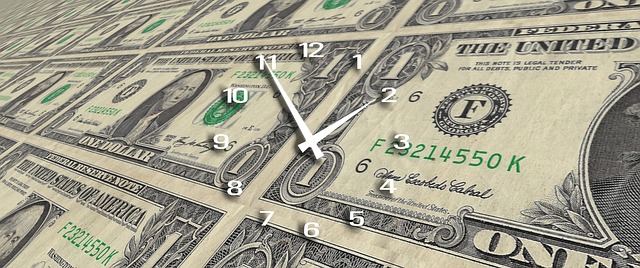The Importance of Financial Planning: Why You Should Start Today
Picture this: you wake up one morning, and your financial future is as clear as a blue sky. No more stressing over bills or wondering if you’ll have enough money for unexpected expenses. Sounds dreamy, right? That’s the power of financial planning. In today’s fast-paced world, creating a solid financial plan is not just an option. Whether you’re aiming to buy your first home, save for retirement, or pay off debt, having a strategy can make all the difference. It’s about taking control and making informed decisions that pave the way to stability and peace of mind.
Benefits of Financial Planning

Financial planning offers a roadmap to achieving your goals. It helps you foresee potential challenges and prepares you for unexpected events. One of the key benefits is peace of mind. Knowing that you’re on track financially reduces stress, allowing you to focus on what truly matters in life. Planning also fosters better decision-making. When you have a clear picture of your finances, choosing investments or making major purchases becomes less daunting.
The Importance of Setting Financial Goals
Setting financial goals is a crucial step in taking control of your finances. Clear objectives provide direction and motivation, whether you’re saving for a home, planning for retirement, or simply looking to build an emergency fund. When you establish specific targets, it becomes easier to track your progress. This clarity helps you stay focused on what truly matters. Achieving small milestones along the way can boost your confidence and encourage you to stick with your plan. Financial goals also foster accountability. Sharing them with friends or family creates support systems that keep you committed. You’ll find it easier to resist temptations when others are aware of your aspirations.
How to Create a Budget

Creating a budget is a vital step towards financial clarity. Start by tracking your income and expenses for at least a month. This will give you insight into where your money goes. Next, organize your spending as fixed costs like rent or mortgage, variable expenses such as groceries, and discretionary items like dining out. Assign limits to each category based on priorities and needs. Use tools that suit you, whether that’s pen and paper, spreadsheets, or budgeting apps. Visual aids can make it easier to see where adjustments might be necessary.
Different Types of Investments for Long-Term Financial Stability
Investing wisely can significantly contribute to long-term financial stability. Several options cater to different risk appetites and goals. Stocks are a popular choice for those seeking growth. They offer the potential for high returns but come with volatility. A diversified portfolio can help mitigate risks associated with individual stocks. Bonds, on the other hand, provide fixed income through interest payments. They tend to be less risky than stocks and can serve as a stabilizing force in your investment mix. Real estate is another avenue worth considering. It often appreciates over time and generates rental income, making it an appealing option for passive earnings.
Tips for Saving Money and Reducing Debt

Saving money and reducing debt are essential steps toward financial security. Start by tracking your expenses. Knowing where your money goes can help identify unnecessary purchases. Consider setting up a separate savings account for emergencies. This way, you’re less likely to dip into funds meant for regular expenses. Automate transfers to this account each month; out of sight often means out of mind. When it comes to debt, prioritize paying off high-interest loans first. Focus your efforts on one at a time while making minimum payments on others.
Taking control of your financial future starts with proper planning. Financial planning is not just for the wealthy; it’s essential for everyone. By setting clear goals and creating a budget, you lay down the foundation for stability. Investing wisely can lead to long-term growth, while effective savings strategies help combat debt. Regularly reviewing your plan keeps you on track as circumstances change. Whether you’re saving for retirement or preparing for unexpected expenses, having a solid financial strategy in place empowers you to make informed decisions about your money.…



 Short-term goals are those you want to accomplish within a year or less, like saving for a vacation or paying off leeching credit card debt. Long-term goals are more extensive, typically spanning five years or more, such as buying a home or retiring comfortably. When setting your financial goals, make sure they are specific, measurable, achievable, relevant, and time-bound (SMART). This framework will aid you in being more focused and motivated along the way.
Short-term goals are those you want to accomplish within a year or less, like saving for a vacation or paying off leeching credit card debt. Long-term goals are more extensive, typically spanning five years or more, such as buying a home or retiring comfortably. When setting your financial goals, make sure they are specific, measurable, achievable, relevant, and time-bound (SMART). This framework will aid you in being more focused and motivated along the way. Creating a budget is the key to taking control of your finances. The key here is to be realistic when setting limits for each category to avoid overspending. Consider using budgeting tools or apps to streamline the process and track your spending easily. Remember, a budget is not set in stone – it can be adjusted as needed based on changing circumstances. By creating a detailed and realistic budget, you’ll have better visibility into where your money goes and how you can make improvements over time.
Creating a budget is the key to taking control of your finances. The key here is to be realistic when setting limits for each category to avoid overspending. Consider using budgeting tools or apps to streamline the process and track your spending easily. Remember, a budget is not set in stone – it can be adjusted as needed based on changing circumstances. By creating a detailed and realistic budget, you’ll have better visibility into where your money goes and how you can make improvements over time. Tracking your spending makes it easier for you to see where your money is going and identify areas where you can cut back or save more. One way to track your spending effectively is by using budgeting apps or online tools that categorize your expenses automatically. Another method is the good old-fashioned way of keeping receipts and logging expenses in a notebook or spreadsheet. This hands-on approach gives you a tangible record of every dollar spent, making it easier to spot patterns and make adjustments as needed.
Tracking your spending makes it easier for you to see where your money is going and identify areas where you can cut back or save more. One way to track your spending effectively is by using budgeting apps or online tools that categorize your expenses automatically. Another method is the good old-fashioned way of keeping receipts and logging expenses in a notebook or spreadsheet. This hands-on approach gives you a tangible record of every dollar spent, making it easier to spot patterns and make adjustments as needed.





 The most crucial step to take when looking for the best
The most crucial step to take when looking for the best  It will be a big mistake to hire a financial advisor without doing a background check. A financial advisor is someone who will be in contact with a sensitive department of running your business, and you, therefore, would not want to mess with it. By carrying a background check of the financial advisor you are trying to hire, you will get to know whether or not they are trustworthy. Furthermore, it is essential to acknowledge that if a financial advisor does not have a good track record, it will be hard for such a financial advisor to provide you with the quality services that you need.
It will be a big mistake to hire a financial advisor without doing a background check. A financial advisor is someone who will be in contact with a sensitive department of running your business, and you, therefore, would not want to mess with it. By carrying a background check of the financial advisor you are trying to hire, you will get to know whether or not they are trustworthy. Furthermore, it is essential to acknowledge that if a financial advisor does not have a good track record, it will be hard for such a financial advisor to provide you with the quality services that you need. Lastly, it is a good idea to work with a financial advisor who has good experience. While it is possible to find a new financial advisor who can provide you with excellent services, you need to understand that those with good experience will hardly disappoint. If a financial advisor has been in the industry for many years, that is a clear indication that the advisor has gained many relevant skills to make it easy for them to serve you right. However, you need to understand that some financial advisors are not honest with their experience. Therefore, you have to do your due diligence before making your choice.
Lastly, it is a good idea to work with a financial advisor who has good experience. While it is possible to find a new financial advisor who can provide you with excellent services, you need to understand that those with good experience will hardly disappoint. If a financial advisor has been in the industry for many years, that is a clear indication that the advisor has gained many relevant skills to make it easy for them to serve you right. However, you need to understand that some financial advisors are not honest with their experience. Therefore, you have to do your due diligence before making your choice.

 Recommendations
Recommendations